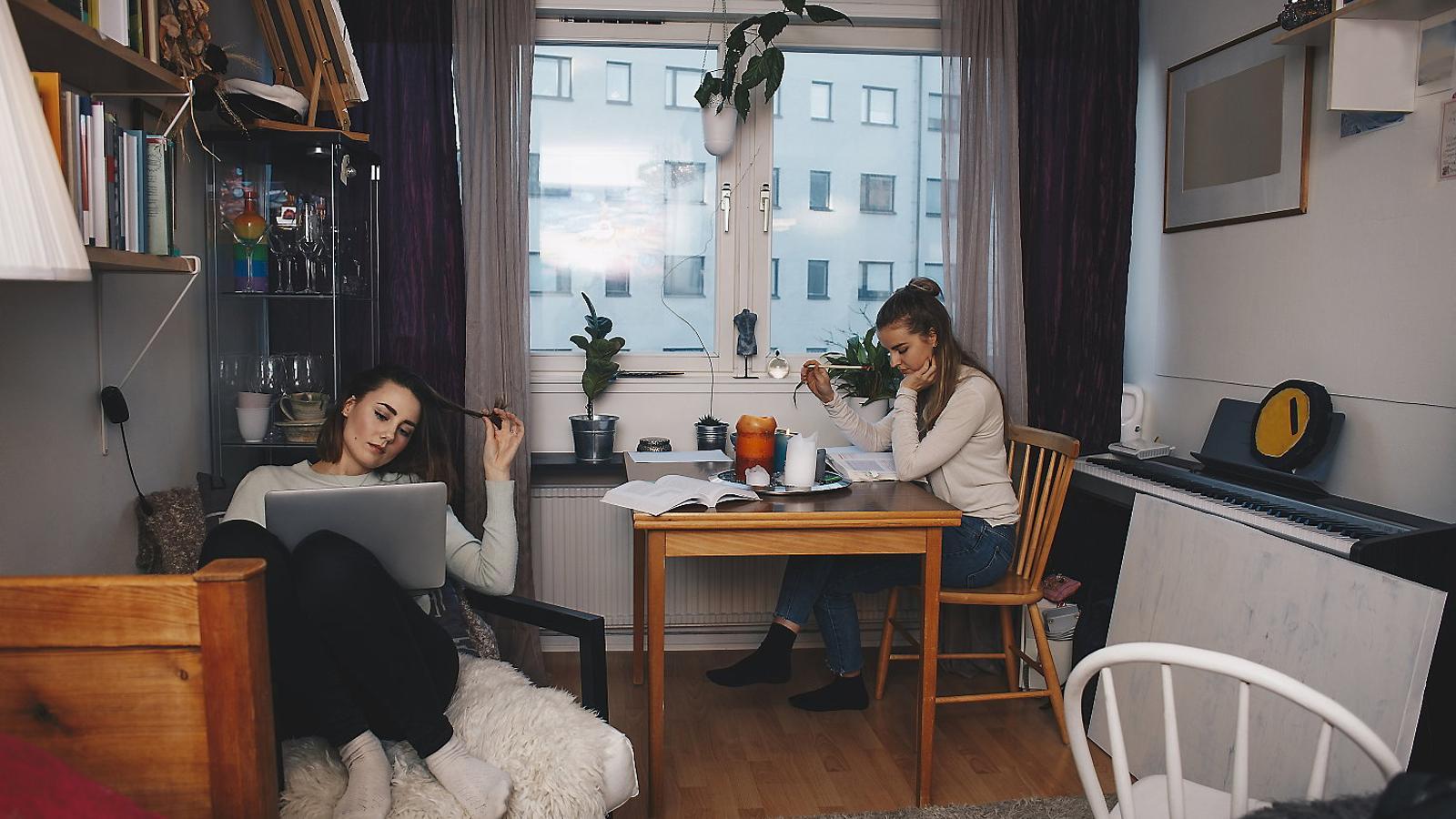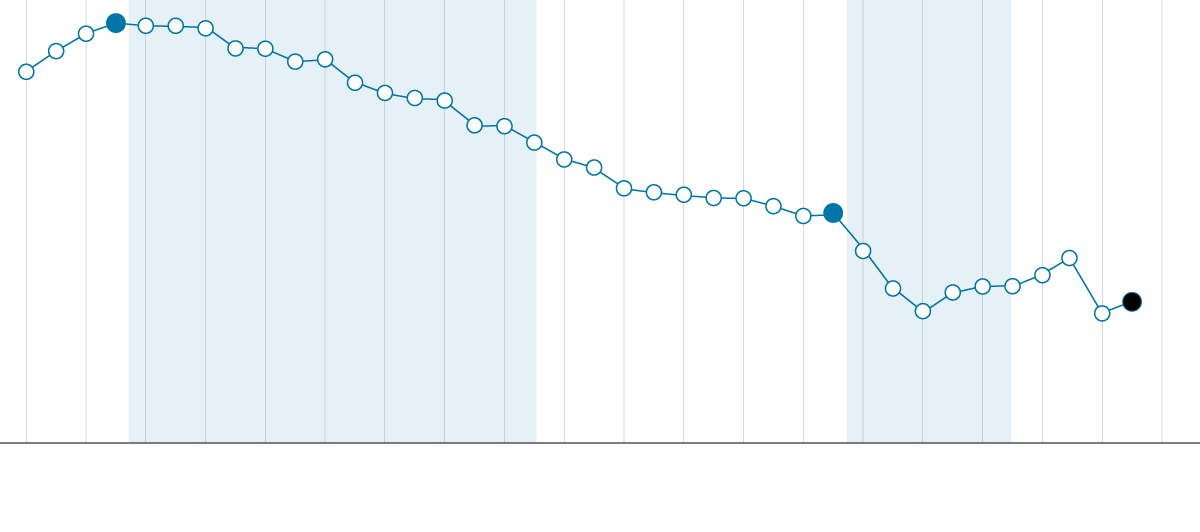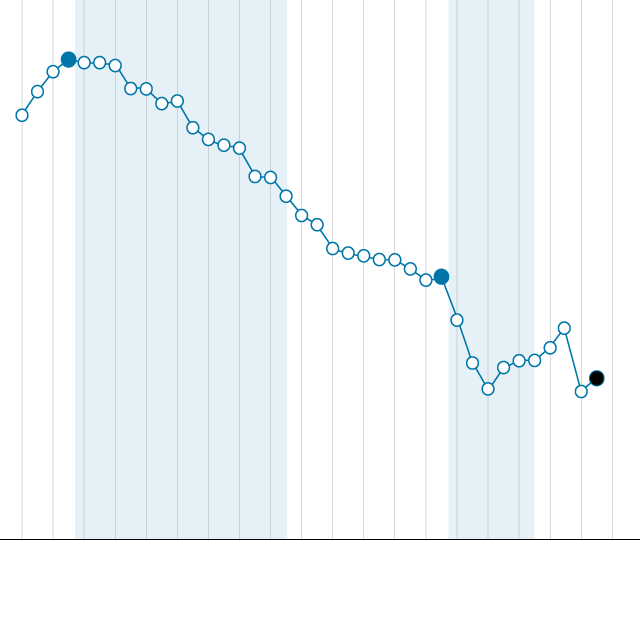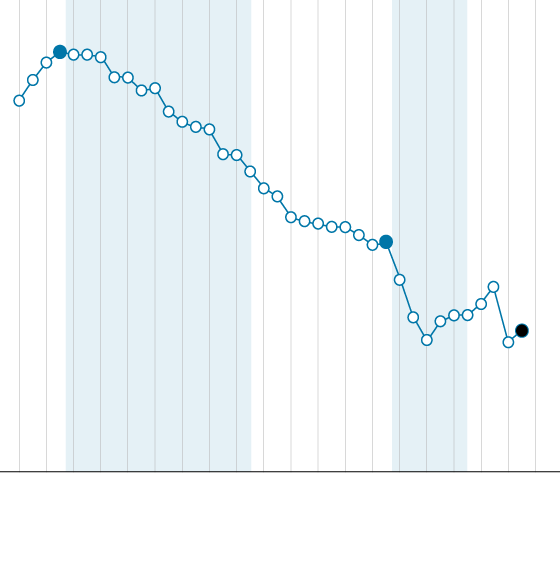Eight out of ten Catalans under 35 cannot leave their parents' home.
At the state level, 2024 was the year in which young people had the hardest time emancipating themselves.

BarcelonaThe reality for young people in Spain is harsh: they need to spend more than 90% of their income on rent, and more than 35% if they decide to share an apartment. These two figures surely explain why almost eight out of ten young Catalans between the ages of 16 and 34 cannot leave their family home, according to the latest report from the Emancipation Observatory of the Spanish Youth Council. In fact, the emancipation rate in this age group in Catalonia is only 17.6%.
Across Spain, the situation is even worse, with the percentage of emancipated young people falling to 15.2%, according to figures from the second half of 2024, the worst since this report was compiled, dating back to 2006. ~BK_SLT_L
The report attributes this negative spike to "policies that have treated housing as a market good in recent years" and describes the role of the public administration as "passive": "They are not up to the task; housing is a right that cannot be left to speculation," the document states. Current state data represents a drop of almost two percentage points compared to the same period in 2023—when 17% of young people left home—and is equivalent to 102,203 fewer young people living outside the family home during this time.
The decline in the number of young people leaving home has been widespread throughout Spain, with a drop of almost 2% compared to the previous year. However, the observatory highlights that in Catalonia this decline was even more pronounced: it approached 4 percentage points and was the second steepest in the state, as in the Canary Islands it was 4.6 percentage points. However, Catalonia remains the region with the second highest number of emancipated young people, behind only Madrid, which has 17.9% of young people under 35 who have left their parents' homes.
It's false that young people don't work.
Beyond the housing crisis, the observatory rules out the lack of initiative among young people as one of the reasons for this situation: "The image of a passive youth, who neither study nor work, is simply false," states the document, which specifies that less than 3% of young Spaniards find themselves in this situation. In fact, the report indicates that 4 out of 10 young people combine work and studies, a trend that is on the rise due to the rising cost of living and the difficulties in leaving home. Along these lines, it highlights that studying outside the family home has become a "privilege."
All of this has a direct impact on the well-being and mental health of young people, the report notes, as it leads them to a landscape of uncertainty with more questions than answers about when they will leave home and whether they will be able to make ends meet, due to job insecurity. This translates into anxiety, stress, and depression among the 16- to 34-year-old generation.
Buffs that don't make up for it
The decline in the number of young people who left home in 2024 occurred despite the overall improvement in employment indicators in Spain. The median salary (the most common) among working young people grew by 11% and exceeded €14,000 per year, and youth unemployment reached a historic low (since the 2008 crisis) of 19.1%. However, the increase in wages and jobs has not led to young people leaving home early, as housing prices remain sky-high and the increase in income is not sufficient: by the end of 2024, young people had to spend nine out of every ten euros on rent for a home that averages €1,080.
Even so, renting remained the "preferred" option for 60% of young people who had left home, as the average price of buying a home reached €197,210 by the end of 2024. This means that a young person would have to spend their entire salary for fourteen years to acquire a property.



